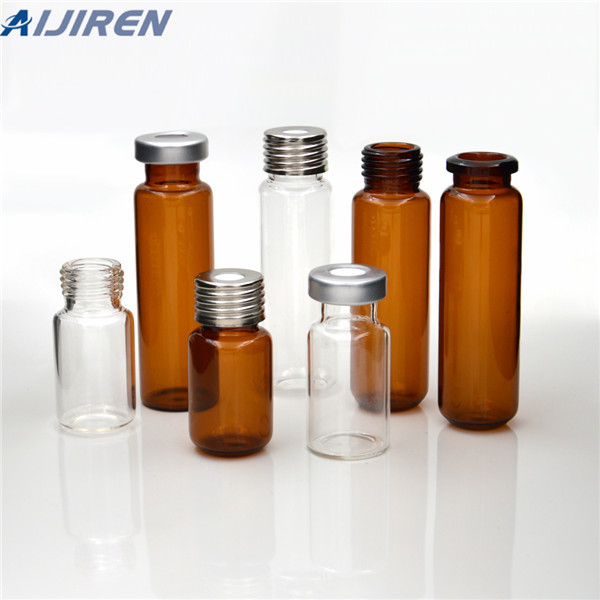.png)
Here we present the development of a novel method (thermal container closure integrity) for direct measurement of container closure integrity by a physical method (physical container closure integrity) at frozen conditions, using a modified He leakage test.
.jpg)
Mar 17, 2019 · MDleak Enhanced Leak Detection Method: April 21, 2015: Leak Detection Technologies (originally listed as Leak Detection Technologies International) Pipeline Hydrostatic Diagnostic Test Method (PHDleak Test™) April 21, 2015: Leak Detection Technologies (originally listed as Leak Detection Technologies International) MDleak Enhanced Leak
.jpg)
Abstract. Prefilled syringes (PFSs) are increasingly preferred over vials as container closure systems (CCSs) for injectable drug products when facilitated or self-administration is required. However, PFSs are more complex compared to CCSs consisting of vial, rubber stopper, and crimp cap.
.jpg)
Feb 24, 2021 · 10 Breakthrough Technologies 2021. by. the Editors. February 24, 2021. This list marks 20 years since we began compiling an annual selection of the year’s most important technologies. Some, such

Serum Vials and Closures. Protect against leaks and contamination with closures that maintain a leak-proof seal and vials that are made for use with a variety of
.png)
May 8, 2023 · The remediation technologies screening matrix is a user-friendly tool to screen for technologies for a remediation project. The matrix allows you to screen through 64 in situ and ex situ technologies for either soil or groundwater remediation. Variables used in screening include contaminants, development status, overall cost, and cleanup time.
.jpg)
Sep 1, 1997 · The development of mass spectrometry-based leak detection for pharmaceutical container integrity was undertaken to provide an alternative to microbial challenge testing. Standard 10-mL vials were modified to contain pinholes (0.5 to 10 microns) by affixing micropipettes with epoxy into 2-mm vial side wall holes.
.jpg)
For Vial (1) For Vials using 15 mm Closures (1) For Vials with a 30 mm Outer Diamater (1) For use with 12 X 32 mm Crimp Top Vials (2) For use with 2 mL Screw Top Vials (1) For use with 2 mL Vials (1) For use with ABC Vial™ Threaded Autosampler Vials (1) For use with Dram Vials (1) For use with Nunc Internally Threaded CryoTube Vials (5)
.jpg)
Comparative Leachable Study of Glass Vials to Demonstrate the Impact of Low Fill Volume. 2019 Jul-Aug;73 (4):345-355. doi: 10.5731/pdajpst.2018.009472. The pharmacopeia method for measuring the chemical durability of parenteral glass packaging is the hydrolytic resistance test in which the vial is filled to 90% of its brimful volume as
.jpg)
The parenteral vial/closure seal interface is tested for leakage of gas, liquids, and microorganisms. Gas leakage is determined using a bubble test, liquid leakage is detected by atomic absorption of a copper ion tracer solution, and microbial leakage is verified using a liquid-borne microbial suspension challenge test.
.png)
Jul 17, 2017 · This chapter examines how each of these components is established during the development of a new vaccine and how the field of vaccine manufacturing is responding to emerging challenges for increased capacity (e.g., pandemic influenza vaccine), increased safety assurance (e.g., barrier isolator filling), and increasing complexities of manufactur
.png)
Background: Endoscopic vacuum-assisted closure (EndoVAC) therapy is a recent innovation described for use in upper gastrointestinal perforations and leaks, with reported success of 80-90%. It provides sepsis control and collapses the cavity preventing stasis, encouraging healing of the defect.
.png)
The results demonstrate that laser-based headspace analysis provides sensitive, accurate, and reproducible measurements of the gas ingress into glass vial-stopper package assemblies that are under either diffusive or effusive leak conditions. Two different types of positive controls were examined.
.jpg)
Sep 3, 2021 · Container closure integrity testing methods can be deterministic or probabilistic: deterministic methods include helium leak testing, high voltage leak detection, laser headspace analysis, mass extraction, and pressure and vacuum decay methods; probabilistic methods include bubble leak and blue dye tests.